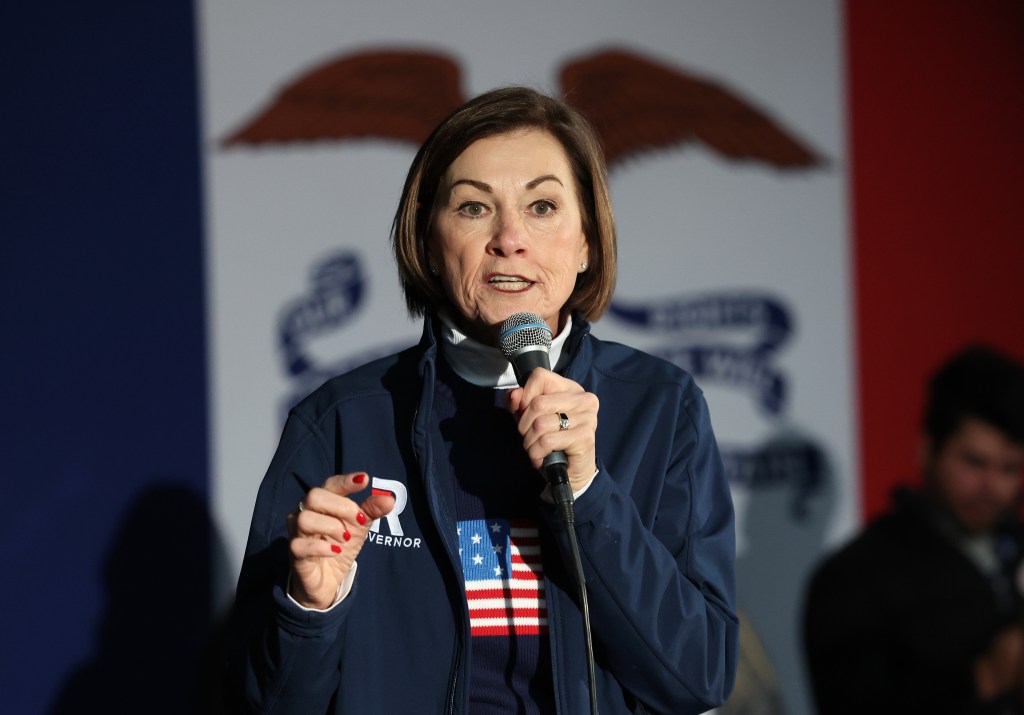I don't know if it's wise to have a child that you can't financially support. I'm also not sure whether people who have children they can't afford to support should simply assume that taxpayers will pay for adequate childcare and feeding for those children.
Again, there are many reasons why children are struggling to provide for themselves at home.
Recently, abortion advocates have argued that individuals who do not support the view that the government has an increasing responsibility to provide for economically disadvantaged children should not be considered “anti-abortion.” became.
They argue that any truly “pro-life” person would never deny a mother the right to kill her unborn child, because the death of the child is necessary for the mother to avoid the financial hardships associated with caring for her baby. I argue that this is because it may be.
Admittedly, this is painful logic, but many pro-abortion advocates honestly say they are “anti-abortion” because they support any effort to expand cash payments to poor children and their families. We believe in being born alive (provided, of course, that children are given permission first).
There is little doubt that one of the quickest ways to fall into poverty, and one of the biggest barriers to getting out of poverty, is raising children in a single-parent household. However, ending a child's life to avoid a mother living in financial hardship seems like an extreme option.
Life is hard, and harder for some people than others. A person needs to raise his hand or reach out from a situation where, despite his best efforts to improve his life, he is unable to reach his full potential. There may be cases.
Also, from a purely financial perspective, efforts to ensure that all children have access to healthy food outweigh the long-term costs of allowing children to go without proper nutrition. There's also no denying that it's much cheaper.
But programs that make individuals dependent on government do far more harm than good.
A 2021 Cato Institute study of California's generous welfare system found that “programs that were once meant to be stopgap or emergency measures have become vectors for long-term, even multigenerational dependence. “We are becoming increasingly aware of this,” he concludes.
Recently, many things have been made
Criticism of the Republican governor became familiar. She, and by extension all “MAGA Republicans”, are said to be evil people who don't care if children live or die, much less have enough to eat.
The money in question comes from additional COVID-19-era cash benefits passed by Congress to address the rise in pandemic-related “food insecurity.” This was intended to be a one-time benefit to help poor families weather the pandemic.
But like most temporary benefits passed by Congress, the moment it was enacted, it became a de facto right that only a ruthless demon would consider taking away.
The pandemic is over, but its benefits remain. Who is surprised?
Iowa's decision not to participate in a temporary pandemic-related federal program gave Democrats an opportunity to continue their “all Republicans are extremists” nonsense. Republicans are portrayed as ruthless villains whose only interest is taking food out of babies' mouths.
This is a lazy argument, of course, but convincing Americans that the Republican Party is a callous, emotionless fanatic is central to President Joe Biden's re-election effort.
So between now and November, Democrats and their media allies can be expected to debate endlessly between American democracy and the tyranny and ruthless brutality that the Republican Party will undoubtedly bring. The only person standing in his way is Biden.
Interestingly, Reynolds' critics also scoff at her expressed concern that the particular benefits in question do nothing to encourage nutritious eating in children. .
While it's unclear whether it's the federal government's role to tell families what to feed their children, Michelle says it's important to ensure children eat healthy foods and combat childhood obesity. I seem to recall that this was a feature of the Obama presidency.
We must balance the immediate need to help poor families feed their children with the long-term risks of providing that support and taking actions that widen the cycle of poverty for future generations. I have to find a way to take it.
Breaking this cycle and nourishing today's children are twin imperatives that we cannot afford to contradict.
There are many schools of thought about what is in the best interests of economically disadvantaged people. They straddle the divide between pure laissez-faire and out-and-out socialism.
Reaching consensus on the most effective approaches to meeting the short- and long-term needs of poor children and their families means that everyone must move away from absolutist positions and Discussions should be inclusive, open and honest, not judgmental and vitriolic.
The best and most effective policies will undoubtedly blend a wide range of ideas drawn from many perspectives.
Blaming those who don't agree with your preferred viewpoint that you don't care if your child lives or dies is especially unhelpful if you're serious about finding meaningful solutions.
Chris Roemer is a retired banker and educator who lives in Finksburg. Contact him at chrisroemer1960@gmail.com.


